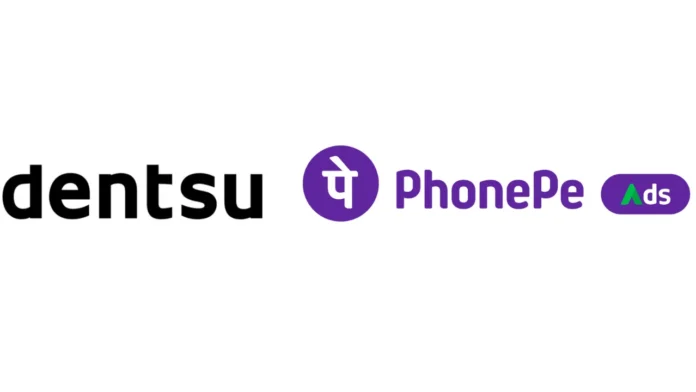Zomato Limited has successfully raised ₹8,500 crore through a Qualified Institutions Placement (QIP) of equity shares, according to its announcement on Friday. This fundraising initiative follows the recent approval from the company’s shareholders.
The issuance involved 33.64 crore equity shares priced at ₹252.62 each, comprising a premium of ₹251.62 per share. The final issuance price reflects a 5% discount on the floor price of ₹265.91 per share, as disclosed in Zomato’s regulatory filings.
This significant capital boost aims to strengthen Zomato’s financial resources, enabling business expansion and strategic initiatives, particularly in its quick commerce segment powered by Blinkit.
The QIP, conducted between November 25 and November 28, received the green light from Zomato’s Fund Raising Committee earlier today. Leading mutual funds, including ICICI Prudential and Motilal Oswal, participated prominently. Motilal Oswal secured 6.92 crore shares, constituting 20.81% of the issue size.
Post-transaction, Zomato’s paid-up equity share capital has increased to ₹917.28 crore.
For the fiscal year to date, Zomato has reported a 68.5% quarter-on-quarter surge in operating revenue, reaching ₹4,799 crore in Q2 FY25, compared to ₹2,848 crore in Q2 FY24. The company also recorded a 4.8x jump in net profit, achieving ₹176 crore in the September quarter.
In the quick commerce market, a report by Motilal Oswal highlights Blinkit’s leadership with a 46% market share, followed by Zepto at 29%, and Swiggy Instamart at 25%.
Zomato’s shares rose 6.8% to ₹282 per share as of 11:30 AM on November 29, 2024, compared to their November 22 closing price. The company’s market capitalization stands at ₹2,35,481 crore ($28 billion), significantly outpacing its competitor Swiggy, which trades at ₹470 per share with a market cap of ₹90,712 crore ($10.7 billion).
This strategic move further solidifies Zomato’s market position while setting the stage for future growth.
4o










